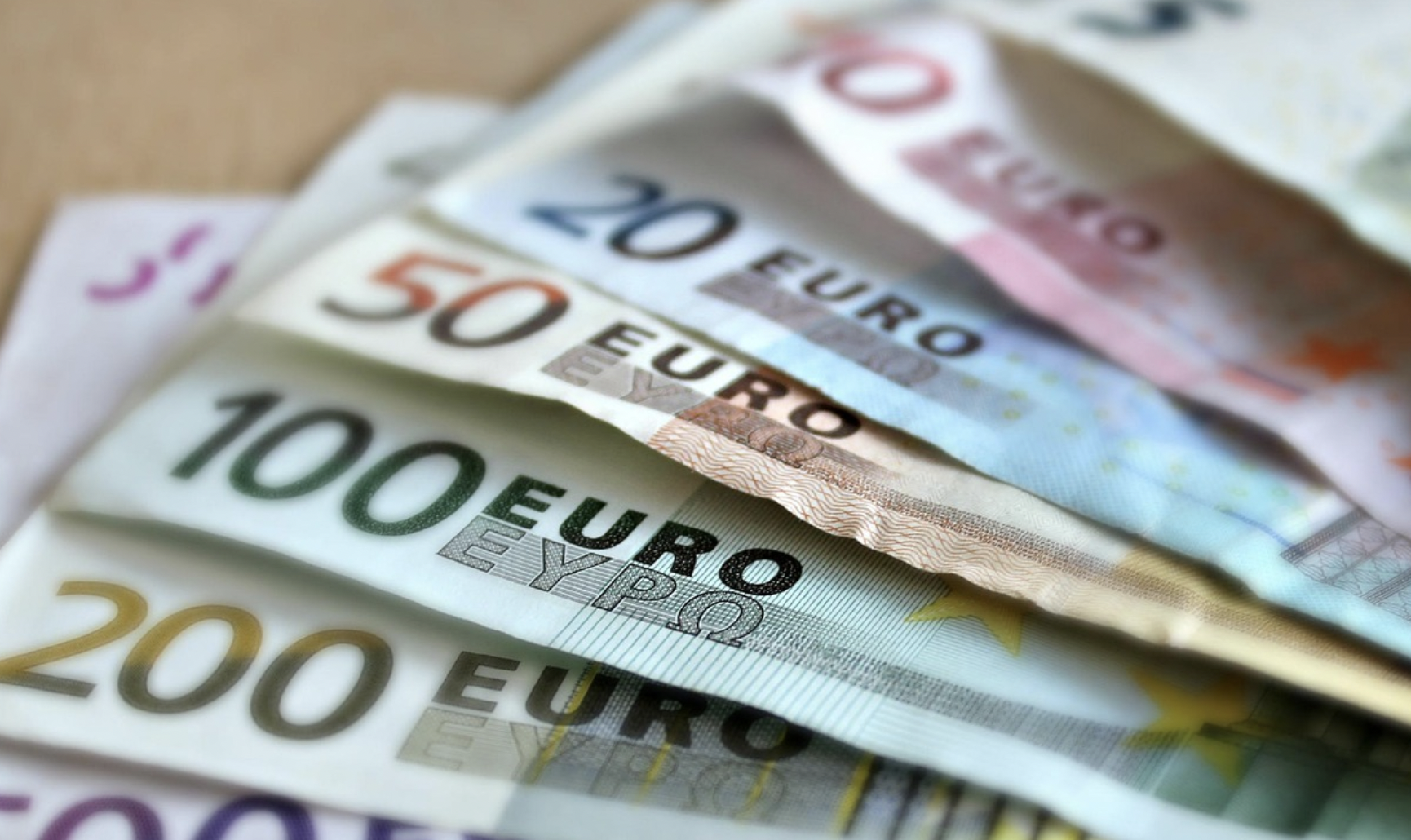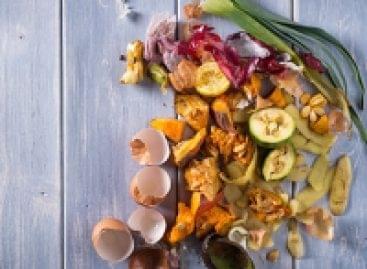Gfk: The average purchasing power per capita in Europe in 2022 is 16,344 euros
However, there are significant differences between the 42 countries: people in Liechtenstein, Switzerland and Luxembourg have significantly higher purchasing power than in the rest of Europe, while Kosovo, Moldova and Ukraine have the lowest purchasing power. Residents of Liechtenstein, for example, have more than 43 times as much money as Ukrainians. This is revealed in the study “GfK Buyer Power Europe 2022”, which is now available.

Ireland is included in the top 10 purchasing power
In 2022, Europeans will have a total of around 11.1 trillion euros at their disposal, which they can spend on food, housing, services, energy costs, private pensions, insurance, holidays, mobility or even consumer preferences. This corresponds to an average purchasing power of 16,344 euros per person, which represents a nominal increase of 5.8 percent compared to the previous year. However, how much consumers actually have available to spend and save varies greatly from country to country and also depends on how consumer prices develop in 2022.
As in previous years, Liechtenstein ranks by far in first place in the purchasing power ranking: the per capita purchasing power of the principality, which lies between Austria and Switzerland, is 66,204 euros, which is almost 4.1 times the European average. Switzerland and Luxembourg are in second and third place: while the per capita purchasing power of the Swiss at 41,758 euros is almost 2.6 times the European average, the per capita purchasing power of the Luxembourgers is 37,015 euros. This is almost 2.3 times higher than the European average.
Gfk
Related news
Household food waste: Hungarians throw away 65.5 kilos per capita – and underestimate this by almost half on average
🎧 Hallgasd a cikket: Lejátszás Szünet Folytatás Leállítás Nyelv: Auto…
Read more >Related news
How Coca-Cola plans to build more billion-dollar brands
🎧 Hallgasd a cikket: Lejátszás Szünet Folytatás Leállítás Nyelv: Auto…
Read more >








